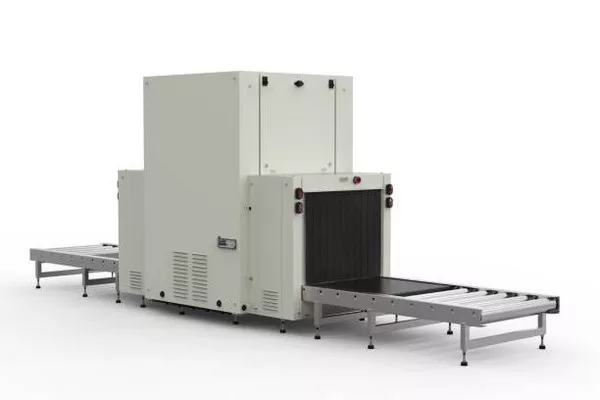Choosing the right generator size is a critical decision for individuals, businesses, and organizations seeking a reliable power source during outages or in remote locations. The size of a generator is a key factor that directly influences its performance and efficiency. In this article, we will explore the various considerations that go into determining the appropriate generator size to meet your specific power requirements.
Understanding Power Requirements:
Before delving into the specifics of generator sizing, it is crucial to understand your power needs accurately. Start by conducting a comprehensive inventory of all the electrical devices and appliances that you intend to power with the generator. Take note of the wattage or kilowatt (kW) ratings for each item. Additionally, consider both the starting (surge) and running (continuous) power requirements for devices such as refrigerators, air conditioners, and power tools, as they often have higher initial power demands.
Generator Sizing Guidelines:
Once you have a clear understanding of your power requirements, you can use the following guidelines to determine the appropriate generator size:
Calculate Total Wattage: Add up the wattage of all devices you plan to power simultaneously. This will provide you with the total power consumption during peak usage.
Consider Starting Surge: Take into account the starting surge of appliances that require extra power when they initially kick in. Generators need to provide enough power to handle these surges without overloading.
Account for Future Expansion: If you anticipate adding more appliances or equipment in the future, factor in their power requirements when sizing your generator. It is often more cost-effective to invest in a slightly larger generator initially than to upgrade later.
Efficiency and Load Factor: Generators operate most efficiently when running at 70-80% of their maximum capacity. Consider the load factor and size your generator accordingly to ensure optimal performance and fuel efficiency.
Type of Load: Different types of loads, such as resistive, inductive, or capacitive, can impact generator sizing. Motors and compressors, for example, may require a larger generator due to their higher starting surge.
Consider the Fuel Source: The fuel source of the generator (gasoline, diesel, propane) can influence the generator size. Diesel generators, for instance, are known for their efficiency and durability, making them suitable for continuous use.
Environmental Factors: Climate conditions and altitude can affect generator performance. Adjust the generator size based on factors like temperature, humidity, and elevation to ensure reliable operation.
Generator Size Options:
Generators come in various sizes, ranging from small portable units to large industrial generators. Here is a brief overview of different generator sizes and their applications:
Portable Generators (1,000W to 8,000W): Ideal for residential use, small businesses, and outdoor activities. Portable generators are versatile and can power essential appliances and tools during power outages.
Home Standby Generators (8,000W to 20,000W): Designed to provide backup power to an entire home, including major appliances and HVAC systems. These generators are permanently installed and automatically activate during a power outage.
Commercial Generators (20,000W to 500,000W+): Suited for businesses, data centers, and large facilities. Commercial generators can provide continuous power to keep operations running smoothly during extended outages.
See Also: What Is A Transfer Switch For Generator?
Conclusion:
Selecting the right generator size is a crucial step in ensuring a reliable and efficient power supply during unexpected outages or in locations without access to the electrical grid. By accurately assessing your power requirements and considering factors such as surge capacity, future expansion, and environmental conditions, you can make an informed decision on the size of generator that best meets your needs. Whether for residential, commercial, or industrial use, investing time in understanding and calculating your power needs will pay off in the long run, providing you with a dependable source of electricity when you need it most.

